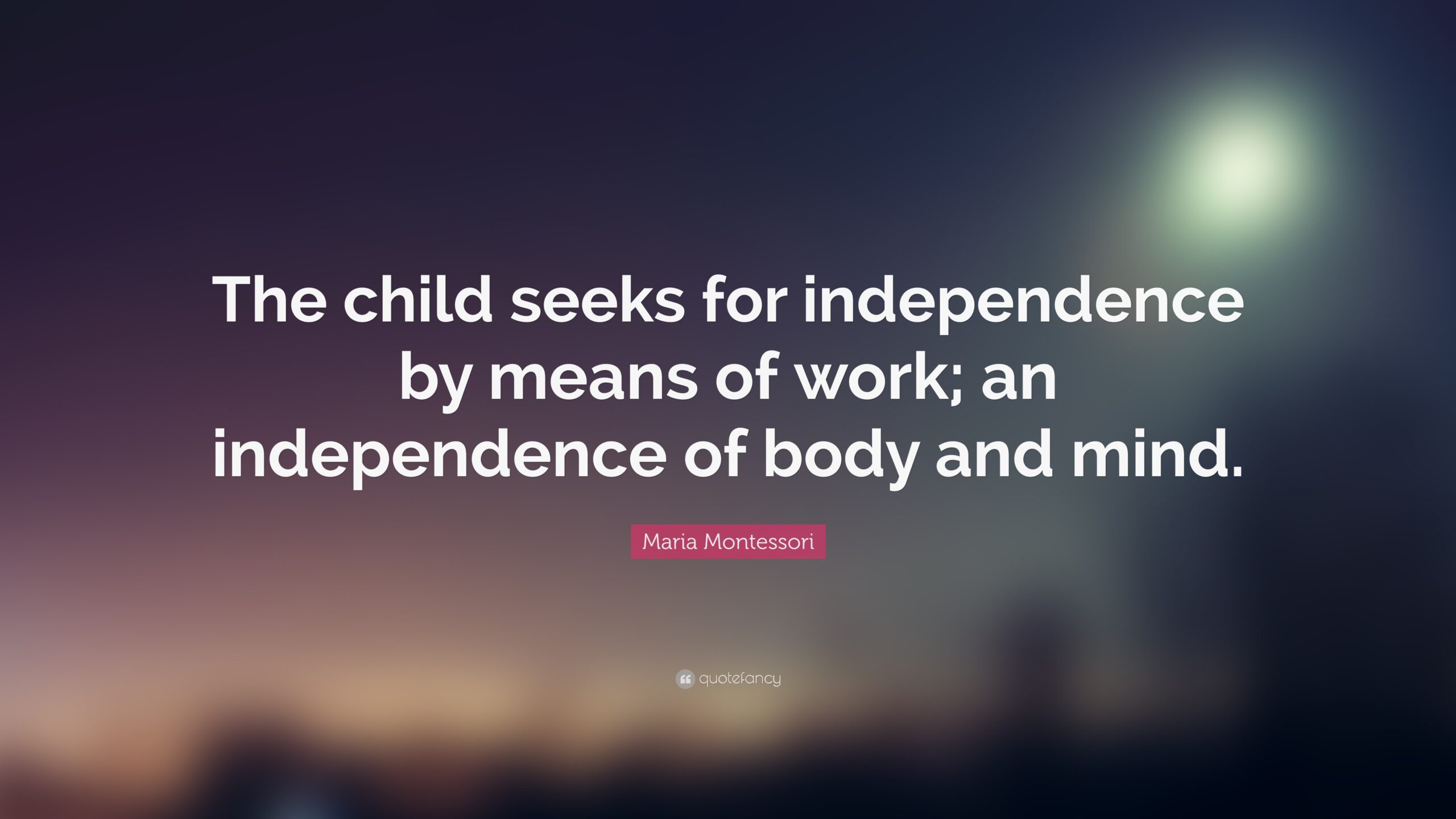
Over 35 years of talking to people about problems related to their childhood has taught me a lot about what kids got – or didn’t get (emotionally speaking) – from their parents.
It’s a challenge to guide a human being into responsible adulthood, and one of the biggest impediments to this can be a parent’s need to resolve his or her own childhood conflicts. For example, a parent might say, “My father was nasty. I will never be that way to my child.” Perfectly reasonable, as long as it doesn’t interfere with the primary responsibility to help the child become a rational adult. If there’s a conflict between what might or might not be perceived as “mean,” the parents’ duty is to help the child mature into a mentally healthy person without the parents’ childhood issues getting in the way. This is the difference between rational parenting and emotional parenting.
Rational parenting requires a commitment to help the young person develop into someone who can think for him- or herself. By “think,” I don’t mean the trendy but mistaken ideas that encourage nothing more than “being in touch with your feelings.” Truly functional adulthood includes real-world responsibilities and knowing how you feel about things. Obviously, little kids don’t yet need to balance a checkbook or buy a house, but they still have to think within the framework of reality.
Self-esteem has been defined as confidence in your mind and in its ability to achieve competence and happiness. It’s not enough to feel, “My mind is good. I’m a smart person.” Good feelings don’t create confidence; they’re a by-product of confidence. This is where a lot of “self-esteem” initiatives go wrong. They focus on the warm, fuzzy feelings that are supposed to flow from confidence, but lack the all-important foundation for creating that confidence. Is it better to look in a mirror and say, “I’m good, I’m good,” or is it better to actually accomplish something good? It’s OK to tell a child, “You’re smart, you can do it”, but then you have to show them how to think and actually DO it.
The ideas of educator Maria Montessori exemplify the process of following through when dealing with children. Though she was trained as a physician, her views have taught me a lot about what kids require, both in and out of the classroom. Montessori viewed children as natural learners; wanting to think and discover. All they need is guidance. Some “guidance” can be destructive, as with adults who constantly put their children down. Others might be well-meaning, but are dogmatic; expecting children to follow rules blindly with no thought. Still others let children run wild behaviorally and intellectually, and then they’re shocked when they grow up confused and chaotic.
By rejecting these conventional approaches, Maria Montessori was ahead of her time. She taught that imparting specific bits of knowledge is less important than training children how to use their minds with the knowledge they attained. In other words, nobody can know everything, and it’s perfectly fine to not know everything. But everyone can learn how to think independently. The result is effective education and true self-esteem.
There is research to back this up. In 2006, Science Journal found that children educated with Montessori methods showed much higher behavioral and academic skills than conventionally educated children. Parents might not have the opportunity to send their child to a Montessori school, but these enlightened ideas can still help kids – and parents – navigate through the early years of life.
Of course, rules and structure are always necessary. I would never suggest that there shouldn’t be boundaries. But I am suggesting that parents’ most important responsibility is to instill the capacity for independent thinking, i.e., not just following the rules, but understanding why those rules are (or are not) logical.
There’s a big difference between telling a child, “Do as I say, and shut up,” rather than, “Do as I say, and ask me anything you don’t understand.” The first discourages independent thinking, while the other cultivates it. The happy side-effects of confidence and self-esteem will serve them for a lifetime.
Follow Dr. Hurd on Facebook. Search under “Michael Hurd” (Charleston SC). Get up-to-the-minute postings, recommended articles and links, and engage in back-and-forth discussion with Dr. Hurd on topics of interest. Also follow Dr. Hurd on Twitter at @MichaelJHurd1, drmichaelhurd on Instagram, Michael Hurd Ph.D. on LinkedIn, @DrHurd on TruthSocial
